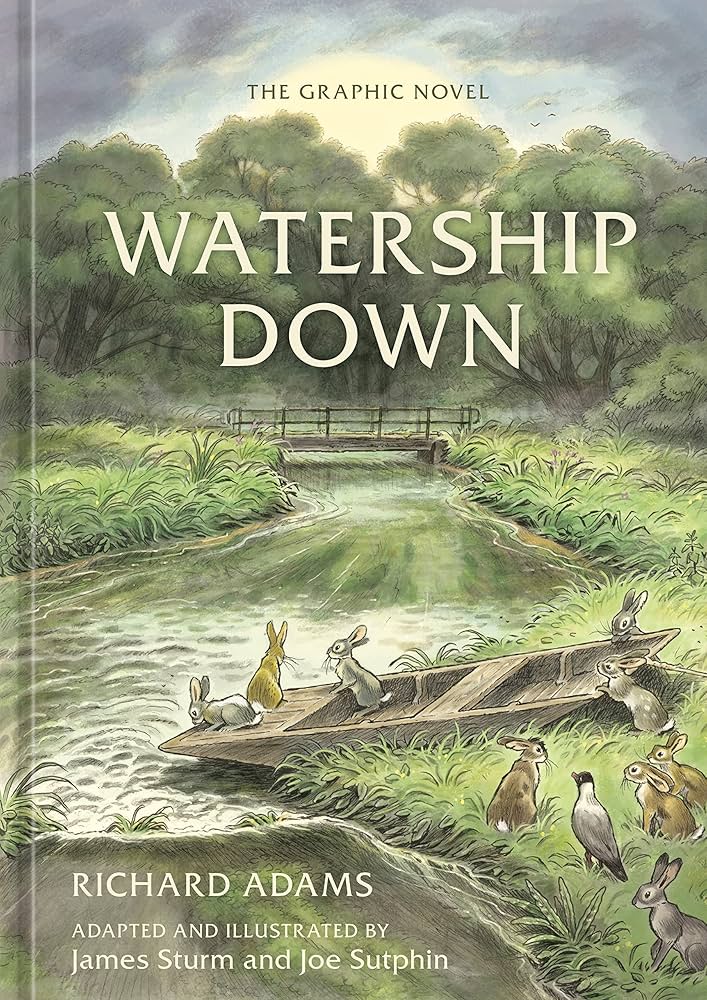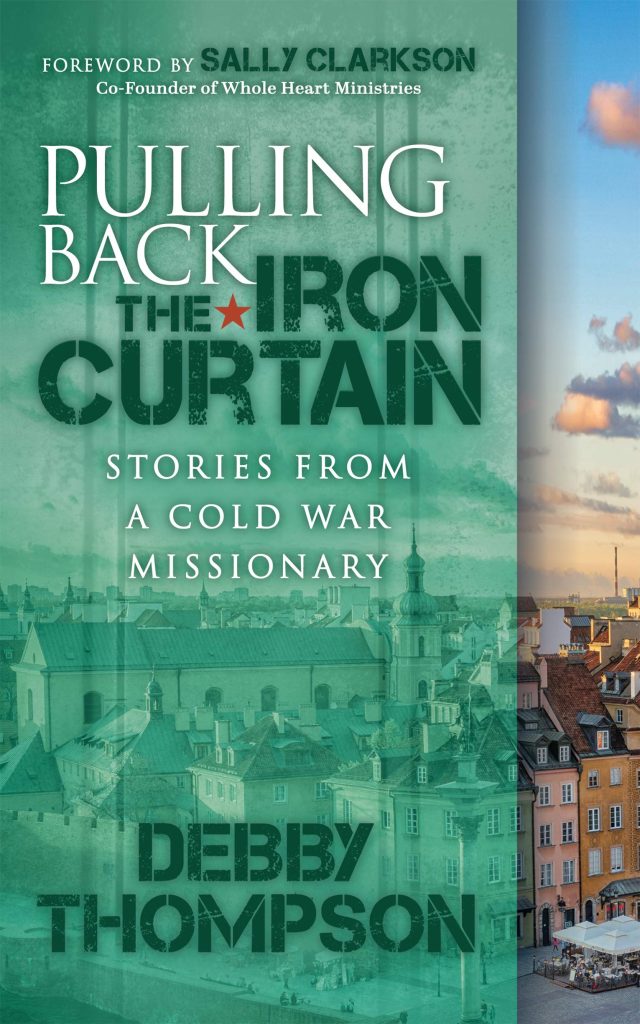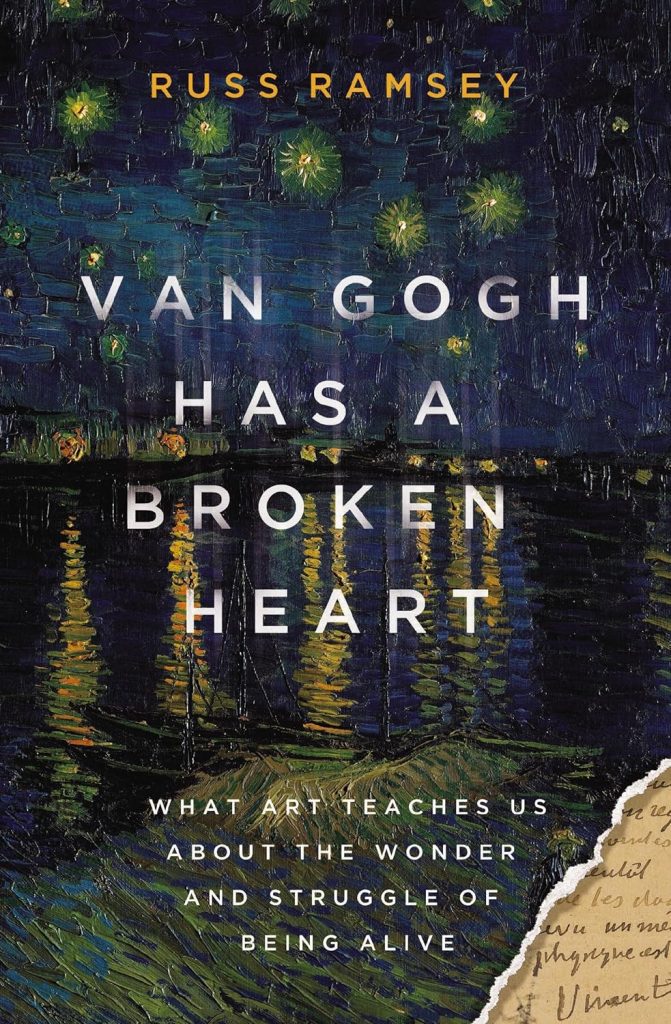Watership Down, graphic novel by Richard Adams adapted and illustrated by James Sturm and Joe Sutphin
3.5/5 stars
A formational book review by Megan

“No rabbit is safe. Between now and tonight we must persuade as many rabbits as possible to join us.”
A survival story, rabbits must strike out on their own and create their own home but to do so will require courage, hope and friendship.
*I must confess that I have not read the original story yet so I feel a little funny giving a review of the graphic novel but it was interesting enough and had some food for thought hence this short review.
Reading as a Disciple
“O Frith! Are you sending us to live among the clouds?”
Fiver is a rabbit that often has visions of the future, it is his vision in the beginning that motivates Hazel and others to leave their warren. It is often seen as a message from their god they call Frith. Some rabbits don’t believe in Fiver’s visions but some do, others just think he’s weird. It was a reminder to me of how we sometimes take hearing from God. It can be confusing at times and not make sense but we continue to step out in faith and trust what we hear.
Reading Communally
“You called me over to show me a piece of wood, Blackberry?”
“It drifted down the river. It floats. Don’t you see? We could put Pipkin and Fiver on it and make it float again.”
“First Bigwig’s anger and impatience, and now my cleverest rabbit has lost his mind.”
I enjoyed the beginning and reading how the different rabbits worked together. We see the strong and brave acting within their strengths and those who are clever and smart using their skills to help everyone. No one was made to be useless and extra baggage. Every rabbit and other animal lives were precious and cared for, every life had value. Hazel shows patience in teaching the other rabbits who have been used to lording over others that that is not how they should function in their new home. It is good to remember to be patient with others and to make sure everyone works within their giftings.
Final Thoughts
I really need to read the original to truly give a full review. It’s hard to know if the things that I didn’t like are unique to the graphic novel or to the actual story. It is definitely not a story for children, it is high school and up. There is plenty of animal violence and cruelty and the graphic novel helps you visualize that so I can’t recommend it for just anyone but it does give lots of conversation starters on how to treat people and how to respond to bullies, the value of life and respect for others.
Other books:
I haven’t read any other of Richard Adam’s books.


